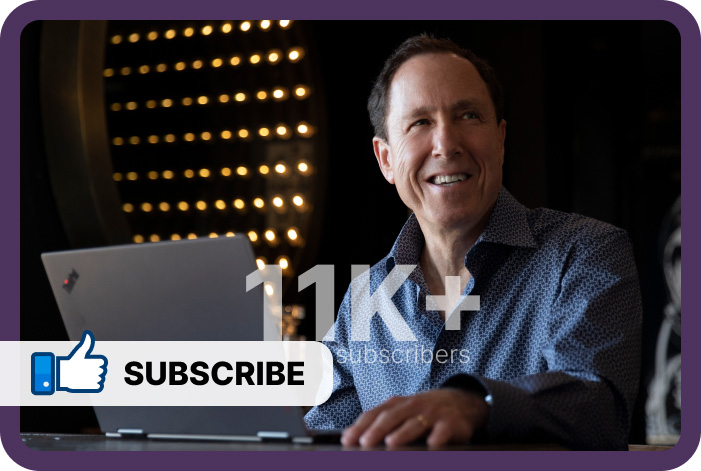Have you ever seen Glengarry Glen Ross?
You might remember what the sales manager, played by Alec Baldwin said in the movie:
“ABC – Always Be Closing.”
Business owners usually struggle with closing the deal. When it’s time for this part of the sales cycle, many of them don’t know the best way forward.
If this is the case with you, I’m here to help.
I’d like to talk about a particular mistake that I often come across:
Forgetting to include a call to action.
When you present your offer, how do you finish the presentation?
It doesn’t matter whether you’re presenting live, via chat, or through your website. All sales presentations must end with a clear call to action.
Why?
Let’s say you got everything right to this point. You’ve researched your audience, found their problems, and shown them what you can do to fix them.
You’re talking about your program and ending it with how much it costs.
What do you expect to happen in this situation?
In most cases, you’ll hear crickets.
If someone decides to buy, it would be because they’re already warmed up enough. However, this wouldn’t be the case for the majority of your prospects.
What they need is a nudge in the right direction.
And your call to action is that nudge.
You must tell people to sign up, contact you, or do whatever else it takes to start working with you.
It makes no sense to invest so much time and effort in sales if you don’t tell people exactly what the next step should be.
If you remember my past messages, you know I mentioned that you need to connect all the dots for the prospect. And a clear call to action is among the most important in this regard.
Make sure that yours is clear and effective enough to motivate people to buy.
Be Awesome,
Blair
If you’d like to master the presenting your call to action which will catapult your business sales, click here>>

